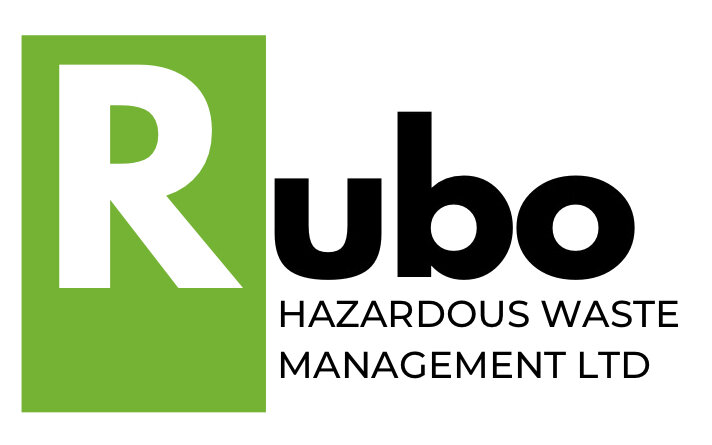Activated Carbon Recycling: From Waste to Valuable Resource
In the realm of waste management, the concept of recycling often brings to mind materials like plastic, glass, and paper. However, in the world of industrial processes, another fascinating avenue of recycling exists—one that involves the recovery and reuse of activated carbon. This unassuming yet incredibly versatile material finds its way into various applications, including adsorption processes in industries spanning from water purification to air quality control. But what happens when this useful substance reaches the end of its lifespan? Enter the realm of activated carbon recycling.
The Genesis of Waste: Understanding Activated Carbon
Activated carbon, often abbreviated as AC, is a material prized for its exceptional adsorption capabilities. Its porous structure and large surface area make it an ideal candidate for removing impurities, contaminants, and even colour from liquids and gases. This process of adsorption is vital in a wide range of industries, from wastewater treatment to gas mask filters.
However, like any tool, activated carbon doesn't last forever. Over time, as it does its job, the carbon becomes saturated with the substances it has adsorbed. This leads to a decrease in its effectiveness, necessitating replacement. This spent activated carbon might seem like a waste, but in reality, it's a resource waiting to be tapped into.
The Process and Classification
When it comes to activated carbon recycling, the process typically involves regenerating the spent carbon. This regeneration entails heating the carbon to high temperatures in the presence of an oxidizing gas. This burns away the adsorbed impurities, rejuvenating the carbon and restoring its adsorption capacity. The waste itself is categorized as "Activated Carbon" with an EWC Code of 15 02 02. It is presented in solid form.
The Importance of Proper Handling
While spent activated carbon might not inherently contain hazardous components, certain precautions are necessary during its handling and recycling. The original activated carbon product, such as "HAC ULTRA DS," comes with safety instructions and labelling. It's classified as causing skin and eye irritation, highlighting the importance of personal protective equipment and proper handling procedures.
Moreover, when dealing with spent activated carbon, which could potentially carry hazardous substances adsorbed from previous applications, users need to exercise caution. For instance, activated carbon might have adsorbed chemicals that pose risks during oxidation or even depleted oxygen levels in confined spaces. As such, the recycling process involves assessing these potential risks and undertaking safety measures accordingly.
Towards a Sustainable Future
Activated carbon recycling is a prime example of turning waste into a valuable resource. By regenerating spent activated carbon, industries can reduce their environmental impact by minimizing the need for virgin materials and decreasing waste generation. Moreover, it highlights the importance of responsible waste management, where even seemingly expendable materials can be given new life.
As industries continue to seek sustainable practices and minimize their ecological footprint, solutions like activated carbon recycling stand as beacons of innovation. By recognizing the hidden potential in materials we often overlook, we pave the way for a greener, more efficient future.
In the grand journey towards sustainability, even the tiniest granules of activated carbon play a significant role. They remind us that the path to a cleaner world involves not only envisioning new technologies but also reimagining how we interact with and recycle the materials that shape our modern lives.
